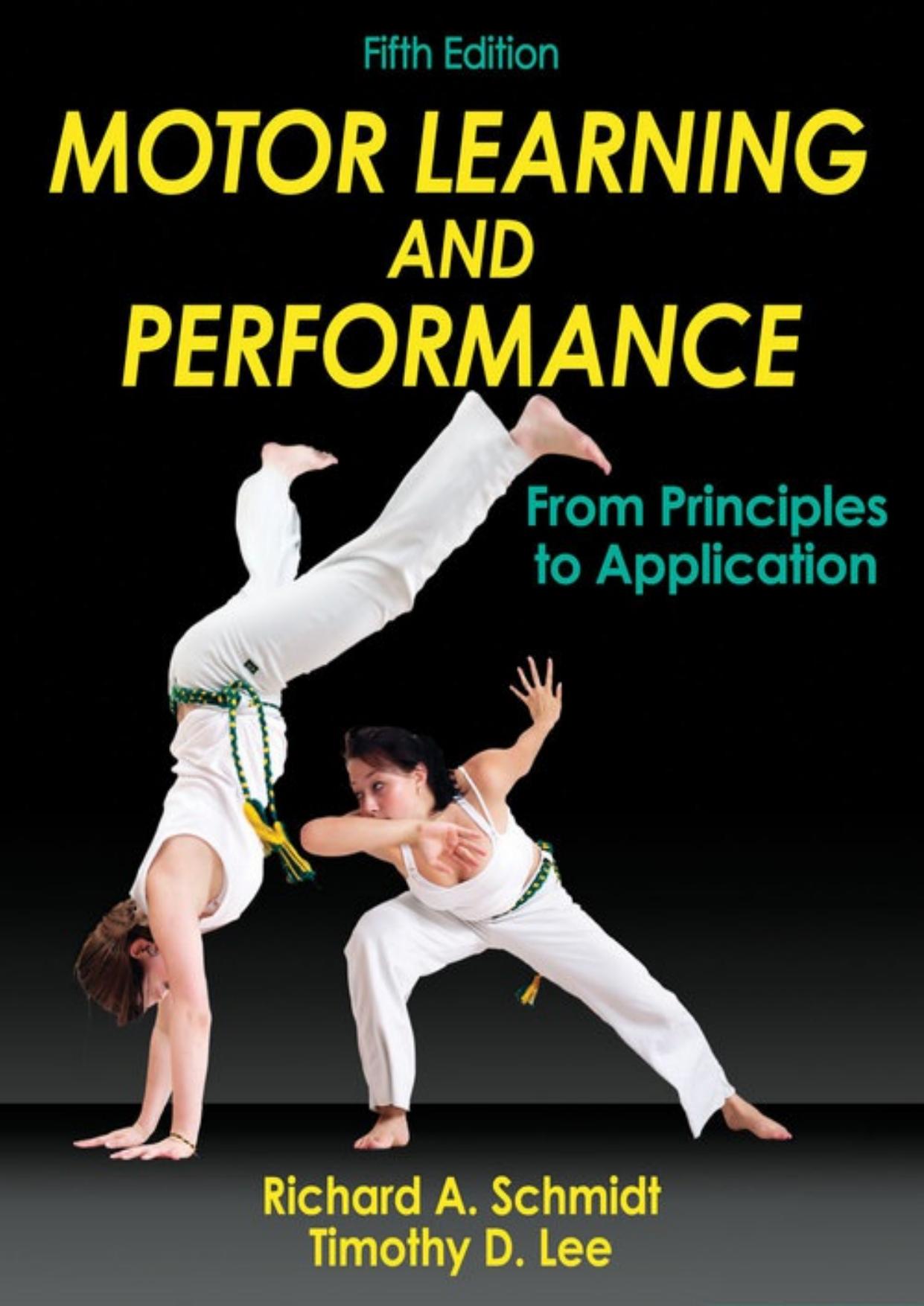Motor Learning and Performance by Richard Schmidt

Author:Richard Schmidt [Richard A. Schmidt and Timothy D. Lee]
Language: eng
Format: epub, pdf
ISBN: 9781450443616
Publisher: Human Kinetics
Published: 2014-08-13T16:00:00+00:00
But, what was it that made Babe Zaharias so special? One view is that she had one, very strong, all-around ability that was superior to most others’ and that allowed her to perform many motor skills at a superior level. Another view is that she had many separate abilities that allowed her to develop certain specific skills at which she was highly proficient.
General Motor Ability Hypothesis
An outdated view, made popular in the first half of the 20th century, held that all motor performances are based on a single ability called general motor ability. On this view, the all-around athlete is one who possesses a strong general capability for skilled motor performance. Conversely, the “all-around nonathlete” is the person who lacks a strong general motor ability and thus succeeds in essentially no skilled physical activities.
A similar concept of a generalized capability to learn new skills was also popular at the time; this concept was called motor educability by Brace (1927). Analogous to the idea of the intelligence quotient (IQ)—the innate capability to learn cognitive materials, generally—motor educability was thought to represent some general ability to acquire new motor skills. Early attempts to create tests that would measure motor educability were made by Brace (1927: the Brace Test) and McCloy (1934: the General Motor Capacity Test). These tests tended to use whole-body actions that purported to measure the general capability to learn athletic skills. Motor educability is not considered a viable concept today, for reasons that will become clear later.
Not surprisingly, the idea of a general motor ability shared many similarities with ideas popular in the early 20th century about the structure of other skills. This kind of thinking led to the idea of “general intelligence,” which attempted to explain a person’s supposed potential for cognitive activities in terms of an overall, unitary value—the IQ. Further, general cognitive ability (IQ) and general motor ability were thought to be relatively separate, with intelligence not contributing very much to movement skills and vice versa.
This general motor ability notion can be summarized as follows:
A single, inherited motor ability is assumed.
This ability presumably underlies all movement or motor tasks.
A person with strong general motor ability should be good at all motor tasks.
Download
Motor Learning and Performance by Richard Schmidt.pdf
This site does not store any files on its server. We only index and link to content provided by other sites. Please contact the content providers to delete copyright contents if any and email us, we'll remove relevant links or contents immediately.
Unwinding Anxiety by Judson Brewer(73045)
The Art of Coaching by Elena Aguilar(53251)
The Fast Metabolism Diet Cookbook by Haylie Pomroy(21143)
Rewire Your Anxious Brain by Catherine M. Pittman(18654)
Healthy Aging For Dummies by Brent Agin & Sharon Perkins RN(17045)
Talking to Strangers by Malcolm Gladwell(13370)
The Art of Thinking Clearly by Rolf Dobelli(10489)
Mindhunter: Inside the FBI's Elite Serial Crime Unit by John E. Douglas & Mark Olshaker(9343)
Crazy Rich Asians by Kevin Kwan(9292)
The Compound Effect by Darren Hardy(8968)
Tools of Titans by Timothy Ferriss(8396)
Periodization Training for Sports by Tudor Bompa(8273)
Becoming Supernatural by Dr. Joe Dispenza(8217)
Wonder by R. J. Palacio(8110)
Crystal Healing for Women by Mariah K. Lyons(7931)
Bodyweight Strength Training by Jay Cardiello(7918)
Change Your Questions, Change Your Life by Marilee Adams(7783)
Therapeutic Modalities for Musculoskeletal Injuries, 4E by Craig R. Denegar & Ethan Saliba & Susan Saliba(7722)
Nudge - Improving Decisions about Health, Wealth, and Happiness by Thaler Sunstein(7707)
